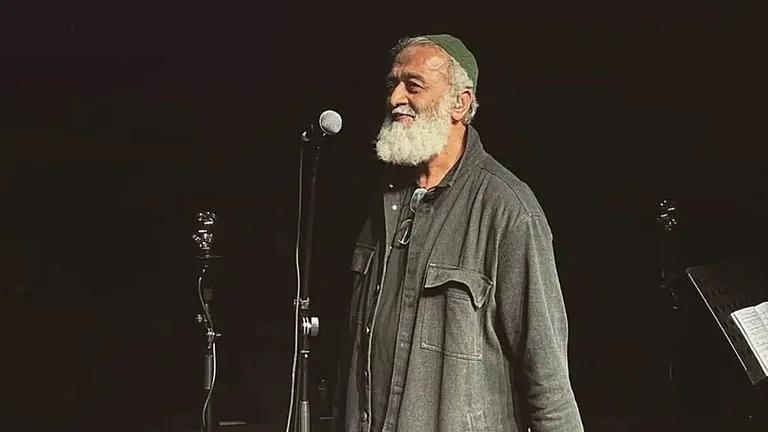It intrigues. It entices. The title of this collection of essays, interviews and musings turns out to be both metaphorical and literal. It resonates with a magical realist ring not entirely belied by the contents.
Nothing less is to be expected from Nilanjana Roy. Book-lover extraordinary, she has ranged comfortably over the domains of journalist, reviewer, essayist, blogger and novelist with passion and ease. Her enduring fascination with all things literary and her visceral engagement with the world of books emerge vividly from everything she writes. The blurb promises to revisit the best of her occasional pieces, weaving them together with a set of new personal essays. Most of the pieces appear to have been written over the last 18 years or so and several are understandably circumscribed by the tyranny of the deadline and the word limit.
As a result, the book is inevitably a mixed bag. Dividing it into seven sections, each with its own theme, has imposed some sort of order. Of these, the most straightforward are the sections devoted to brief essays on Poets at Work and Writers at Work. These are concise pen portraits, written with sensitivity and sympathy (to be “consumed like samosas or paapri chaat”) that offer quick glimpses: five poets and 14 writers in all. The ‘Booklovers’ section is particularly gratifying, as it deals with notable personalities who have cherished and nurtured the creators of books and helped spread the word: the legendary publishers P. Lal and Ravi Dayal, and the iconic bookseller K.D. Singh of The Book Shop, amongst others, all of whom deserve to be celebrated in print themselves.
Then there is a brief section on those whose stories need to be remembered, if only as cautionary tales. The author brings compassion to her retelling of three cases of plagiarism: those involving V.N. Narayanan, Kaavya Vishwanathan and Indrani Aikath-Gyaltsen. The first section contaINS two substantial essays (How to Read in Indian and Pioneers: A Line of Unbroken Trust) that sketch an outline of the emergence and rise of early Indian writing in English, particularly fiction. The last section has two pieces on freedom of expression, including an absorbing account of an encounter with a group of protesters trying to shut down an art exhibition.
Infused with intelligence and lucidity, Nilanjana’s style is calmly reasonable and enviably engaging. The writing is uniformly informed by a quiet but insistent passion—for books, writers, reading and other book-lovers—nonetheless moving for the softness with which it insinuates itself upon the reader. The most engrossing pieces, however, are those that are personal. These include the first essay (which gives the book its title), Finding Dean, Goodbye Brittanica, all the three pieces in ‘Booklove’ (Physical, Booklove: The Pavement Booksellers and The Baba Yaga in the Back Garden) as well as the final piece in the book, Crossing Over.
Indeed, these pieces, which almost invariably take reminiscence as their starting point, develop into meditations on books, book-love and writing. They have a quite separate, absorbing quality that envelopes the reader in the author’s intimate world of fascination and delight, development and loss, probing and discovery. Beginning with her remarkably clear memories of first learning to read in her grandmother’s book-filled house in Calcutta, and ending with the intense process of grappling with her first novel in an isolated, empty house in Goa, these essays describe a compelling trajectory of their own. This is the trajectory of the girl who ate books and learnt not only to love, but also to write them. It will resonate warmly and tellingly with all who love books, reading and writing.
























